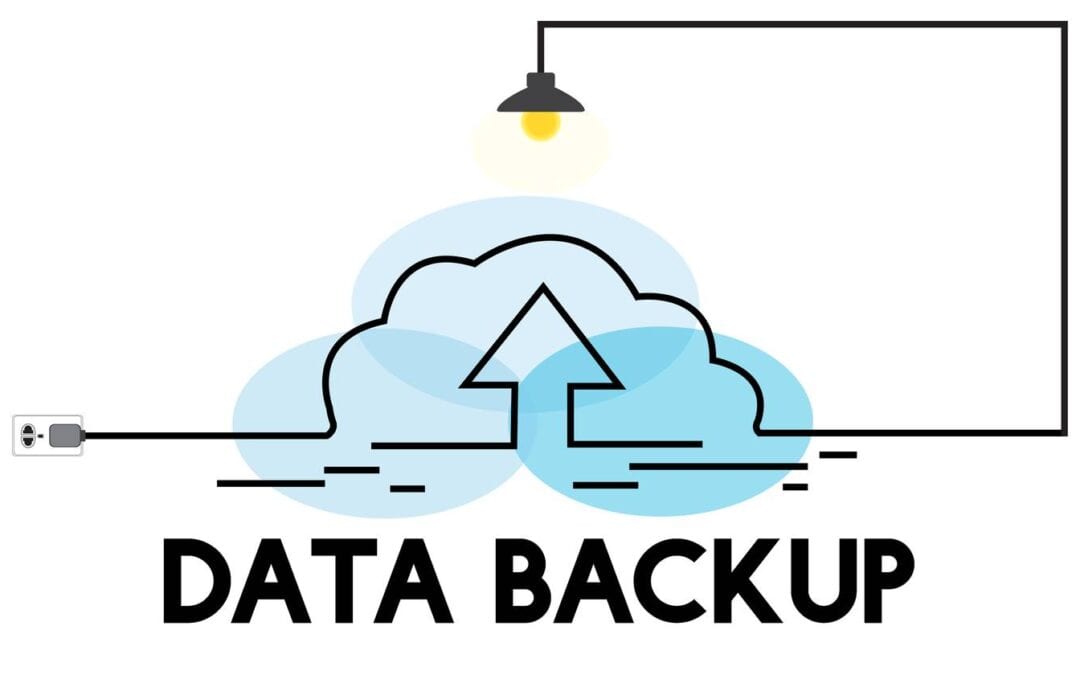What do we mean when we talk about backups? A backup is taking a full snapshot of your data and saving it to a separate device on your network and/or an offsite location. This can be an entire server, a vital PC on your network, your email, files, and folders.
I know you are thinking this can’t happen to me, but in reality, it happens more than you realize.
1. A file could be deleted or become corrupt.
This includes things like human error or some issue happening while the file is being saved which causes the file to no longer open. These can be small issues but can cause a loss of productivity if the file needs recreated or important data can be lost. The good part is with proper backups and scheduling, individual files can be recovered.
2. Keeping data for Audits and archive.
Depending on the type of business you have, you may be legally required to keep data for specific amounts of time in case the need for an audit comes up. Having strong backups will ensure that data is not lost and is available if needed.
3. Getting back up after a major disaster
Should the worst happen and there is a fire, regional disaster or your data is hijacked where your data is lost, having good backups will be key to recovering. A good strategy for backups is to have off site backups being performed on a regular basis. This will be key should something happen to the building where your computer systems are housed. Every business should have a disaster recovery plan and potentially a business continuity plan and a good backup strategy is a good start,
4. Losing Everything Through Downtime
Should files and data be lost, the last thing you need is an over extended amount of downtime. Most backup solutions can provide a quick recovery to get your business up and running with minimal downtime. This helps keeps your bottom line where you want it.
The benefits of keeping your data backed up are priceless. Whether a natural disaster, or someone hacked into or downloaded a virus and all of your data was lost, having proper backups will allow you to get your business back up and running again as quickly as possible. A good IT company can help guide you through what would work best for your business.






Recent Comments